“Your sister is unconscious and receiving CPR in an ambulance. It doesn’t look good.”
I’m sorry, what?
I reread the text I had just received from a random number for a second and third time as ominous alarm bells were blaring through my mind. Those two sentences stared back at me as my Sunday came to a shuddering halt at 9:16 PM.
Whether you are intimately familiar with grief or simply observed it from afar, it is a storm with no equal. Like so many others, I believed that if I fully opened the door to my grief, I would drown in the all-consuming tsunami of pain and despair.
The agony of that moment so began my journey of grief, which would prove to be the most transformative chapter of my life. It would fundamentally change how I approach life and revolutionize my relationship and reliance on God.
But that does not change its weight, which felt too crushing to face.
My phone dinged again.
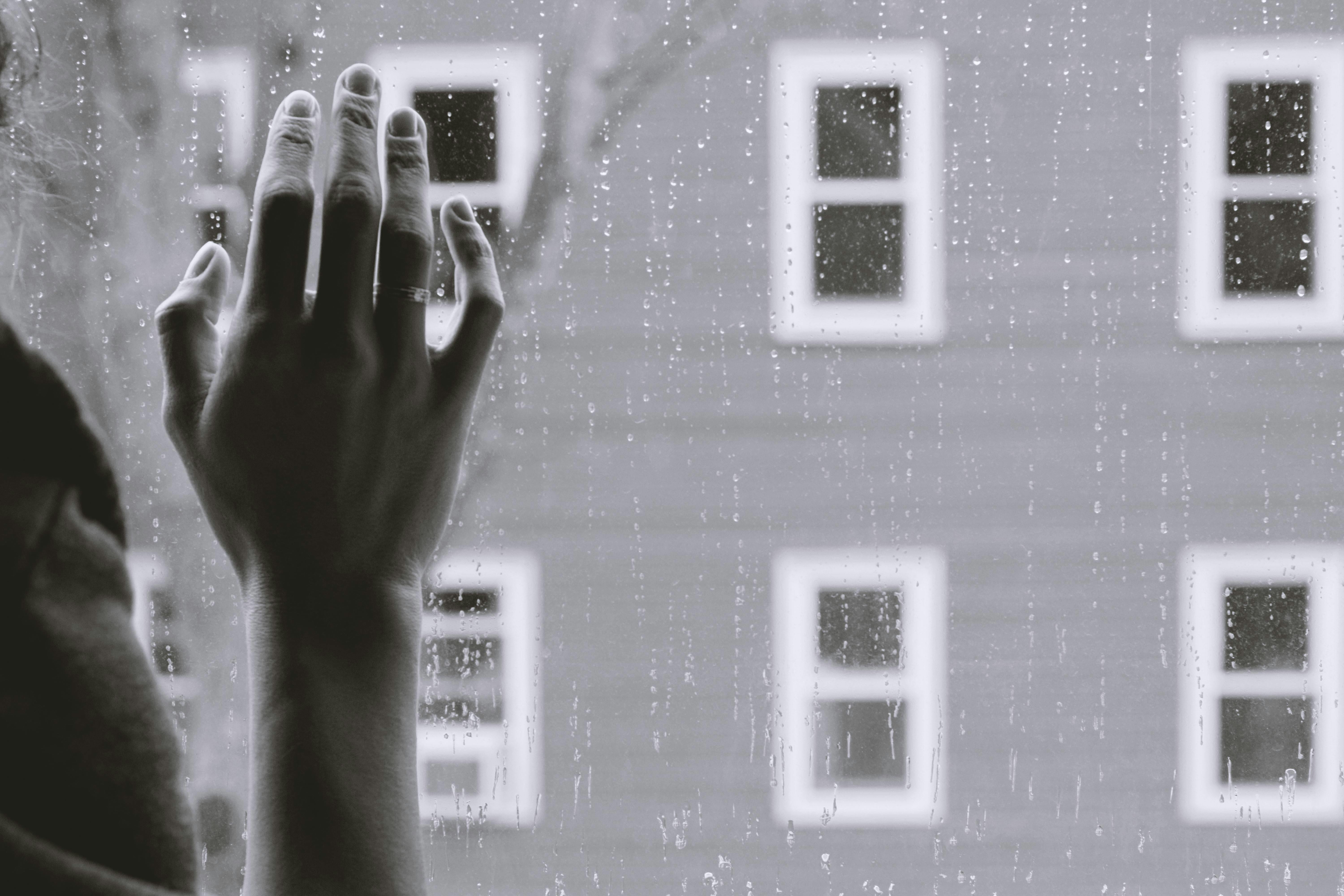
“Wait, what is happening?” I said aloud, indignant, as my husband watched in quiet disbelief. Confusion warred with anger as I continued denying the integrity of the message, threatening to shatter my world.
The previous Friday, my older sister, Susanna, was in a minor car accident back home in Arizona. She was briefly admitted to a hospital and released with a headache and a few bruises.
“No way they are talking about Susanna; this has to be a wrong number,” I whispered, partly to my husband but mainly to soothe the frantic pressure swelling within me. Now, seven years later, I still feel the crushing weight of my brain desperately trying to assimilate the news and visuals trickling in from my mother:
Susanna’s unresponsive body at their home after they hosted a Sunday night Bible study, my father initiating CPR as her lips turned blue, and Susanna’s four-year-old daughter, Ava, watching as others pulled her from the room in an attempt to shield her from the scene.
Lastly, every painful detail of that three-minute phone call: where I stood, what I wore, the helplessness that washed over me being in Ohio while this trauma played out in Arizona. Those details are as visceral today as they were that Sunday night.

I grew up in the Christian faith. My family was involved in ministry, and I had a personal relationship with Jesus. I’ve had plenty of moments where I needed God to show up. So there, overwhelmed with fear in my living room, I still had faith that Susanna would be healed. Whatever was happening, God would see her through. I just had to trust Him.
Monday morning, twelve hours and 1800 miles later, I walked into a Tucson hospital with my then two-year-old daughter, Mila, and niece, Ava. Holding hands, we soldiered towards the ICU. The waiting room was full to bursting with close family and friends, all fervently praying.
As I stood alone at the door to Susanna’s room, machines and tubes covering most of her body, I was frozen in uncertainty that she could recover. It was more than her being unconscious; an essence was notably absent.
I gripped her rigid hand; the beeping of machines punctuated the fear I kept at bay during the flight. “This is not the end,” I whispered, struggling to say more to her too-still body as nurses hustled about the small space.
I prayed for healing. I prayed for the doctors. I prayed for God to show up. Hundreds of people joined the vigil for Susanna to be healed. My sister previously battled addiction for years. I was so proud of her for maintaining sobriety. She had a daughter she doted on. Life was back on track.
Would God really allow this? I was confident she would pull through. I was sure of it. There would be a miracle.
Susanna died two days later, never regaining consciousness.
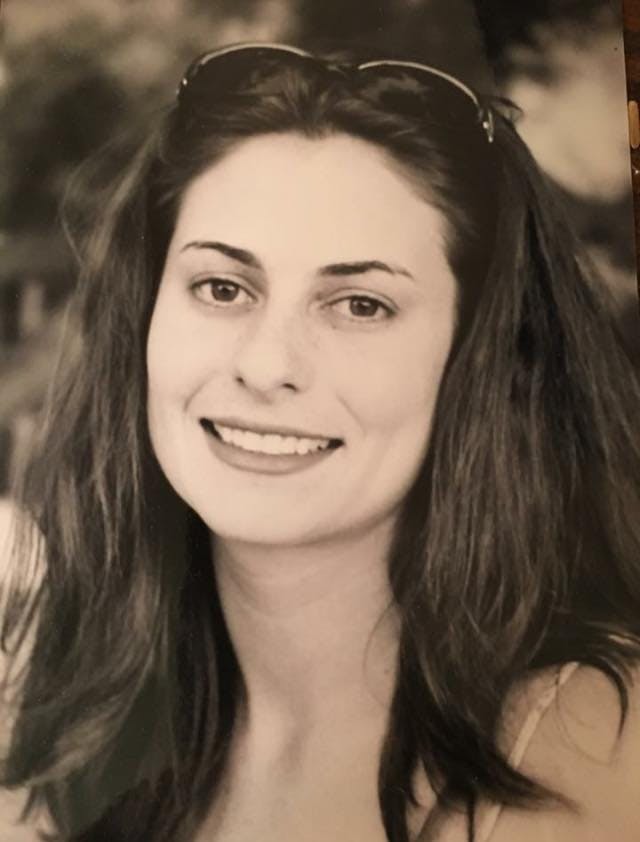
(Susanna pictured above)
This isn’t what I prayed for. This wasn’t supposed to happen.
The whirlwind of grief came with a vengeance. The only clear memory I still struggle to relive was the heartache of watching my parents tell Ava her mother would not come home from the hospital. Ava burrowed between the couch cushions, attempting to physically retreat from the news that devastated her world forever.
A hollowness opened up within me, questioning God’s plan. How could he not intervene?
I stayed in Arizona for six weeks. I was suspended in a need to be strong for my family, my niece, and the logistics that required attention. I let texts and emails pile up, focusing solely on ensuring others made it from one moment to the next. I withdrew from everything but the ‘now.’ I couldn’t make long-term plans or think about next week.
For months, I was in the throws of a grief bubble that existed outside of everyday life. I was withdrawn from close relationships, my marriage suffered, and I had a seething anger that was an undercurrent ready to ignite at a moment’s notice. I deteriorated physically, from extreme exhaustion to memory challenges. Busy was my purpose. I knew what slowing down would mean: experiencing the quiet moments where the pain would be the loudest.
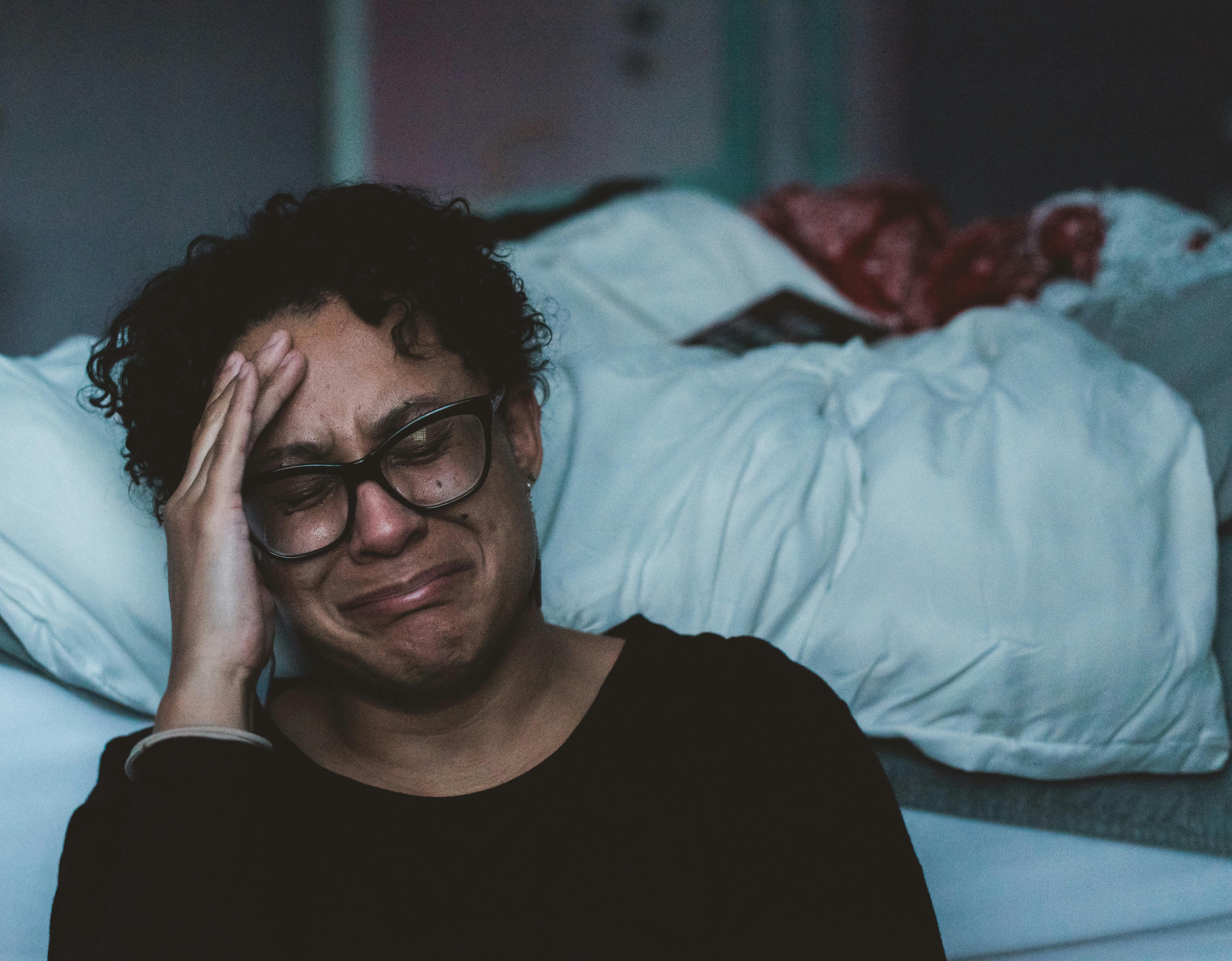
I no longer used Susanna’s name. I referred to her only as ‘my sister,’ creating further distance from the unacknowledged grief wreaking havoc in my life. While I maintained my faith and knew God didn’t cause her death, there was a rift of intimacy in what I shared with God. He was a figurehead rather than a father with a vested interest in my life, my pain, or saving my sister.
I didn’t realize that the sheer upheaval of my world stemmed from my grief. I simply thought I was unraveling. The pressure of my unacknowledged grief created angst that colored every facet of my life. I was struggling everywhere I turned, both personally and professionally. I was the picture of despair, with a poorly constructed mask of composure.
My breaking point came after about a year. I numbly told God, “I can’t shoulder this anymore.” Life was spiraling, and I had come to the end of myself for solutions and strength. I was consistently rife with pain.
The same day I uttered those words in prayer, a friend involved in a Grief Healing Group at my church (Crossroads) invited me to join the upcoming session beginning the next day. I couldn’t have been less interested, but felt obligated to attend. The obligatory ‘yes,’ knowing I had zero intention of continuing for the entire eight weeks but wanted to be kind to my friend.
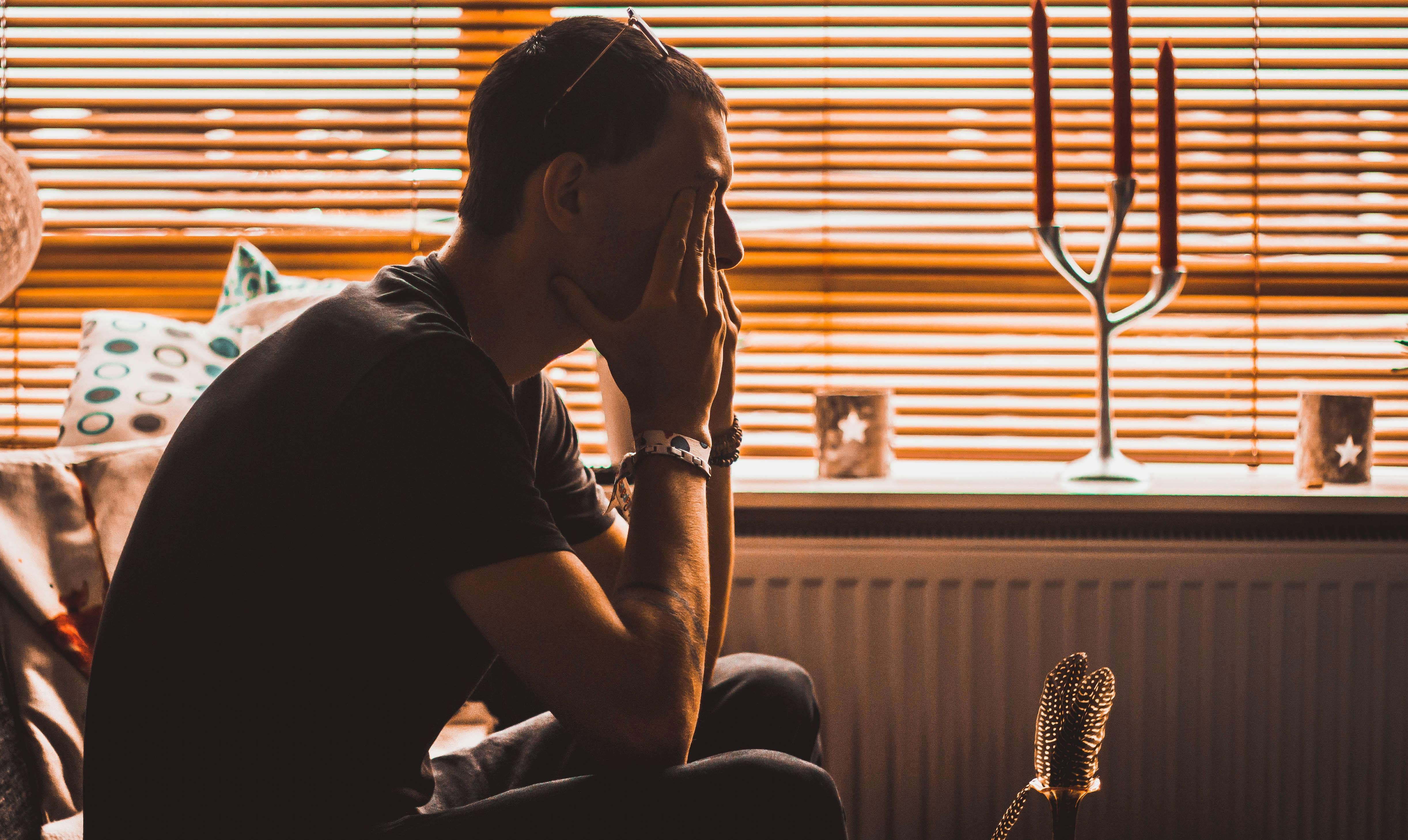
I sat in the furthest possible chair, intent on not talking or making eye contact with anyone. Not exactly a model of enthusiasm and participation, I was resolved to check the box that I showed up. Kathy Beechem, the founder of the Grief Healing Group, approached and quietly waited for me to acknowledge her.
“Tell me about your loss.” was all she asked.
The pressure that had built in me over the previous months, the anger, the pain, the fatigue all came pouring out (against my will) in front of strangers, in a group I didn’t want to be in. I try to limit displays of ugly crying to…never. I used my quota for the next decade that night.
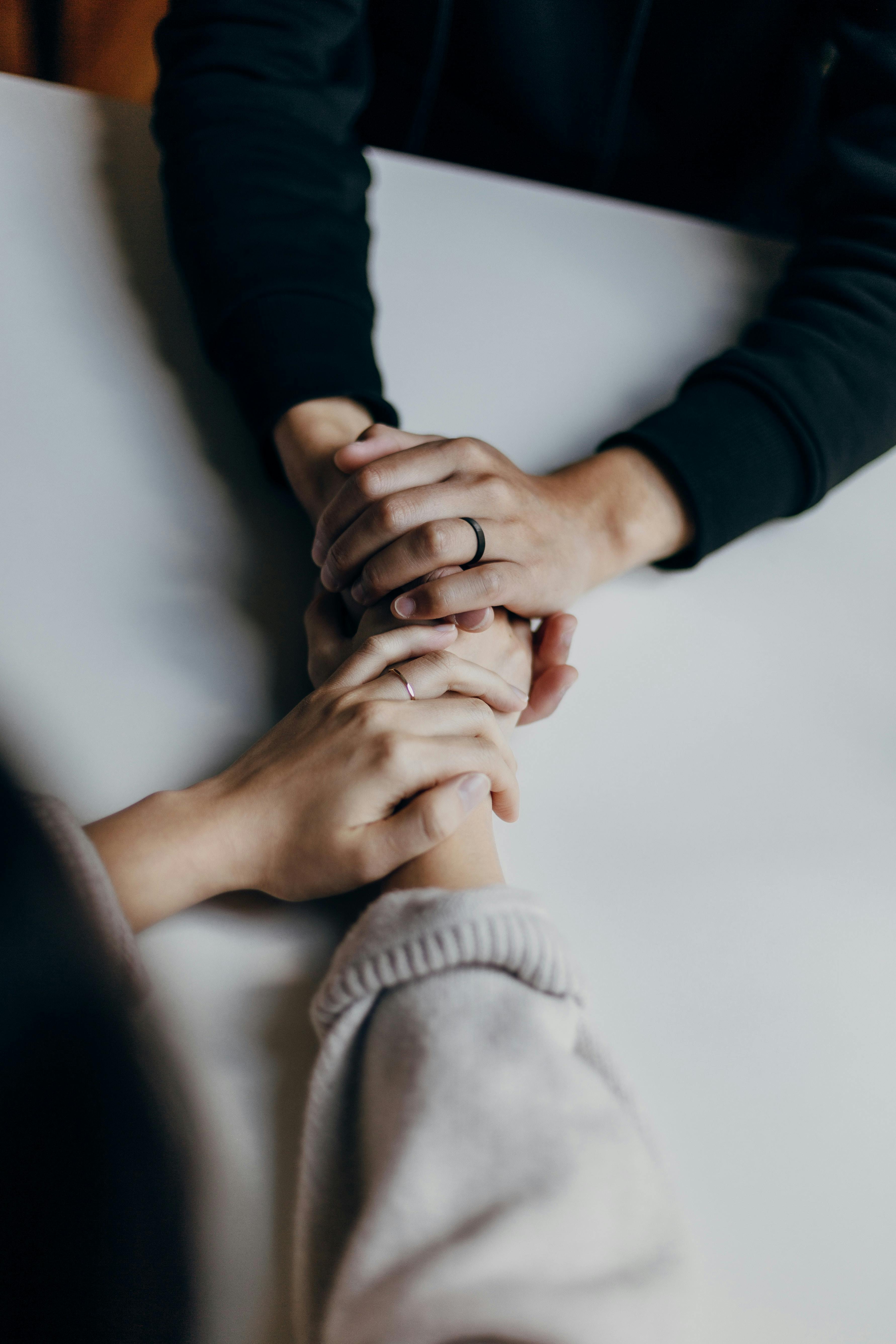
The door I kept firmly shut on my grief burst open as I spoke Susanna’s name aloud for the first time in months. I shared my anger that death claimed her after she finally found sobriety. I shared my frustration with the strain of my close relationships - that they had moved on from the event - when it still felt like my ‘day one.’ Friends didn’t know if they should talk about it or stay silent. I felt isolated and lonely when my family, typically my rock, was reeling in the depths of their respective pain.
God knew in His wisdom what I needed when I did not. Community was the furthest thing from a priority to me. I reveled in isolation, retreating in solitude to nurse my brokenness, holding it sacred, a last connection to Susanna.
But the more I opened up about my pain, the more peace I found.
I love Susanna dearly. She deserves to be grieved well. Hearing others share their pain of loss and similarities in our journeys created an immediate bond. I felt validated that I wasn’t going crazy - I was grieving.
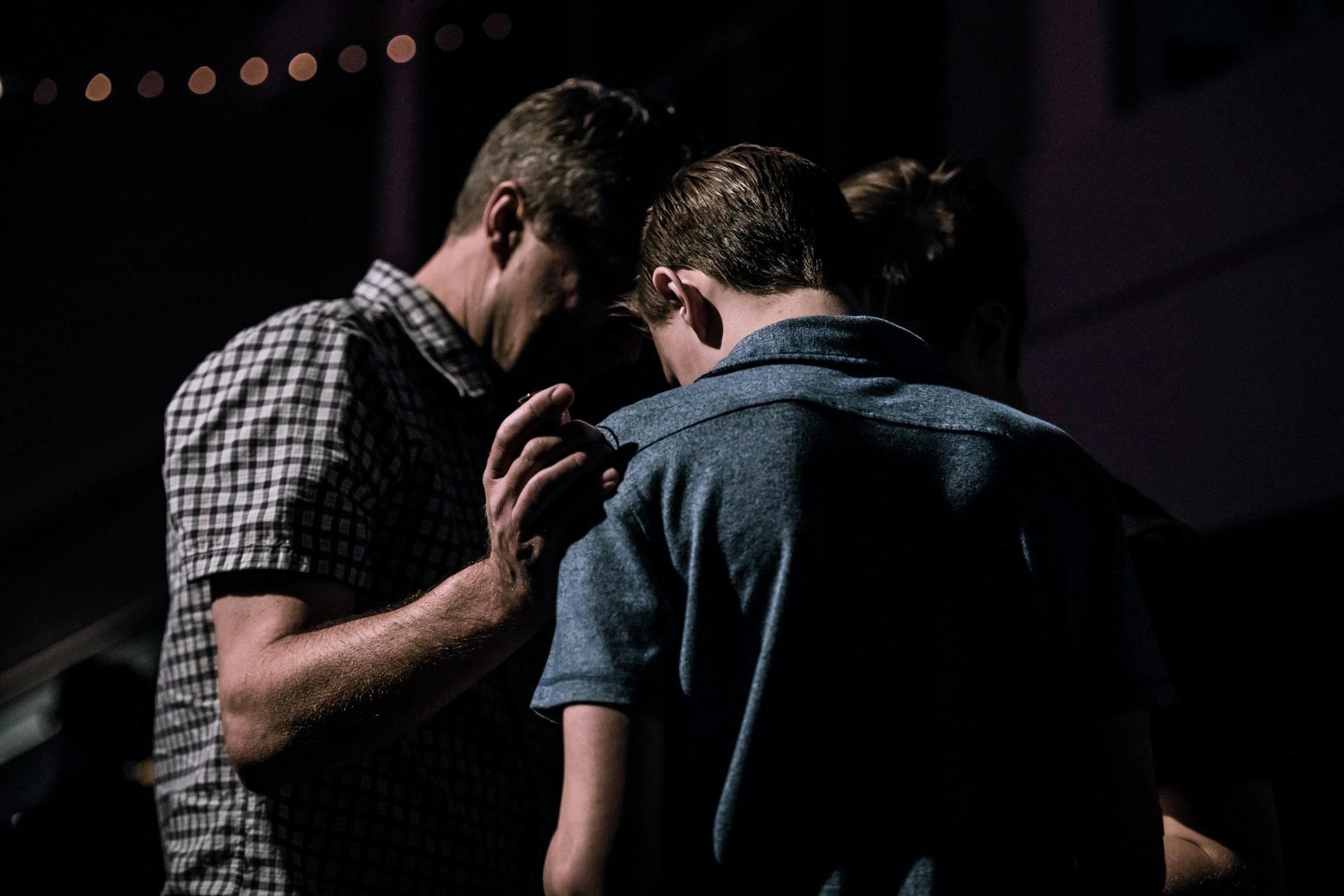
I felt physically lighter after each group session, unburdening my weary soul and growing in tools to process grief with God. I could not fully heal from grief without the healing power of Jesus, something I had been evading for too long. Healthy grief and lament replaced the despair that ruled me.
“You never know how much you really believe anything until its truth or falsehood becomes a matter of life and death to you. It is easy to say you believe a rope to be strong and sound as long as you are merely using it to cord a box. But suppose you had to hang by that rope over a precipice. Wouldn’t you then first discover how much you really trusted it?” ― C.S. Lewis, A Grief Observed
God was my rope over the precipice of grief. Of course, I would choose to have my sister back in a heartbeat, but I have experienced God’s grace and seen His divine intervention in my life at my most vulnerable.
My faith progressed rapidly when all my pretense of strength was stripped away. I prayed more, prioritizing God’s word and receiving his comfort and refuge. I pivoted to bringing my unfiltered pain and rage to God instead of the ‘I’m fine’ pretense. When I relied on myself, the loss was devouring me whole. When I brought it to God, I found peace, healing, and hope as he redeemed it in ways I’m still in awe of.
“The Lord is close to the brokenhearted and saves those who are crushed in spirit.” (Psalm 34:18)
There is a richness to my faith that would not have been possible without the storm of grief. God has grown me through the desperation to which I had to cling to him. Calm seas never prompted that response from me.
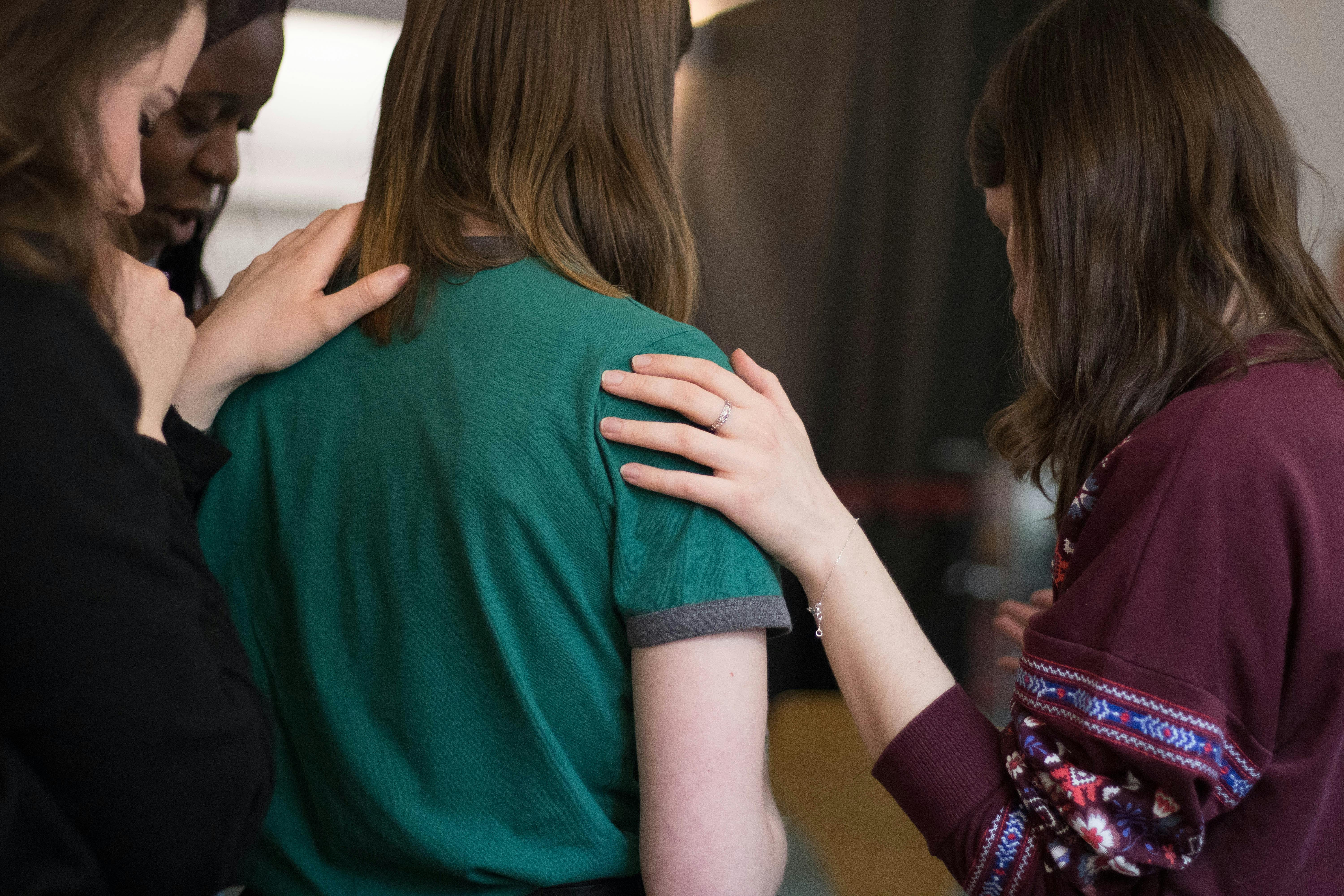
The lessons learned in grieving Susanna, both with and without God, prepared me to mourn my second-trimester miscarriage and the renewed trials of another deep loss. I was determined to face the pain from the start - to embrace the feelings I previously holed away behind walls of solitude.
Grief is unique to every person. Our story, our faith - it’s all wholly unique in our journey. Yet, there are throughlines that all must endure when navigating the valley of life after loss. In my experience, here are the practical next steps I grew to embrace:
Community is Paramount in Grieving
God provided the right people who were familiar with loss to act as a force of substantial support during the crisis of the early days to the longer road of healing. While my natural instinct was to pull away and isolate, I found light when I moved towards others.
A friend loves at all times, and a brother is born for a time of adversity. (Proverbs 17:17)
Honor the Loved That Are Lost
Part of my healing process has included carving out opportunities to celebrate Susanna. Her birthday is a week after her death, and in that month, I take a full day to simply reflect on my grief. It usually involves going through pictures and reading memories from her friends. I’ll eat her favorite dishes and write her a letter on her birthday, sharing things I miss about her presence.
As a family, we prioritize including her in holidays; having a specific ornament in her memory is a small way to keep her present in the now. We speak of her often, and instead of the pain I once felt, it’s an opportunity to feel close to her.
“I thank my God in all my remembrance of you, always in every prayer of mine for you all making my prayer with joy…” (Philippians 1:3-4)
The Prescription for Grief is God
We are transformed in grief, but God will redeem and use that pain for a purpose. While we never move on from profound loss, pain and joy can coexist in a hopeful future. God will sustain and comfort us in pain, as Jesus himself was known as “a man of many sorrows.” He has felt our pain and promises to comfort us.
“Blessed are they that mourn: for they shall be comforted.” (Matthew 5:4)
A Path Forward
Whether you experienced loss ten years ago or last week, I believe (and have seen) how unchecked grief will separate us from God and prevent us from truly living. It will color our lives with an identity of bitterness and anger.
Joining the Crossroads grief group was such an essential catalyst for starting my path toward healing. Whatever stage of grief you may find yourself in, I would encourage you to explore joining the Crossroads healing group and allowing God into your journey.
As someone who was resistant to grief groups and sharing, I saw the growth that happened when I allowed God and community to come alongside me in these painful life chapters. I believe God cares deeply about our pain, our healing, and creating hope for our future.
Pain and joy can coexist as we begin to heal, knowing God cares deeply about our restoration after loss and bringing healing to brokenness. I don’t believe we emerge from loss as the same person, nor should we.
I have seen there is life on the other side of the pain that only He can redeem.
There is power in sharing our grief with others. Join our next Grief Support group live or online here. Experience our Surviving Grief podcast here or wherever you get your podcasts.
Disclaimer: This article is 100% human-generated.










